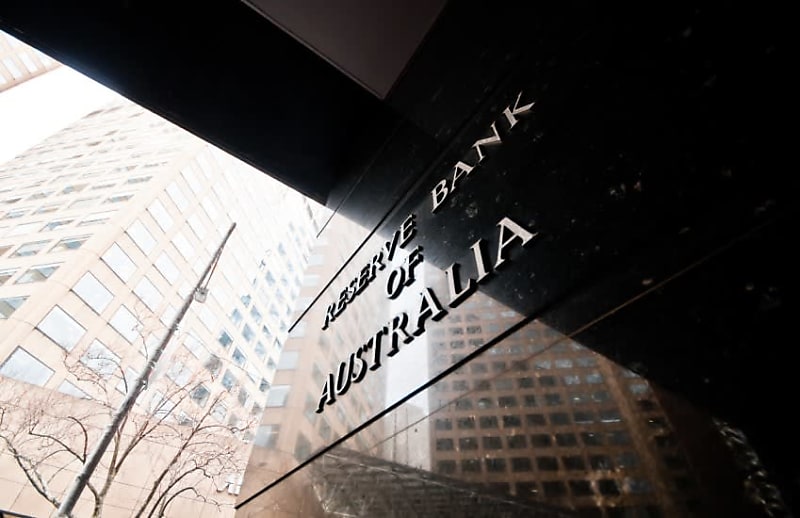Commentators are split over whether the RBA will stick or raise at the next meeting in February with its decision hanging on the next quarterly inflation data and the strength of holiday demand, they say.
The RBA held rates steady at 4.35 per cent yesterday on the view that inflation was moderating, the labour market was easing and the economy was experiencing below-trend growth.
You’re out of free articles for this month
BDO economics partner Anders Magnusson said the RBA’s sanguine view of services inflation was surprising following Ms Bullock’s recent “hawkish rhetoric” about the cost of dentistry and hairdressing, but it had made the “sensible” decision to hold.
“While services inflation has remained high, we suspect that the RBA is waiting to see whether previous cash rate rises will be sufficient to bring it down again, rather than taking action,” he said.
“The RBA acknowledged today that wage growth is not expected to increase much further and was driven by short-term issues, which indicates that services inflation will be less of a concern in the coming months.”
But he said the next quarterly inflation data would be critical to whether the cash rate had topped out.
Insight Investment portfolio manager Harvey Bradley said the lack of critical economic data since the previous meeting “had taken out any chance of a hike” but there would be plenty for the RBA to digest at the next meeting in February.
“It is becoming increasingly apparent they believe they have tightened financial conditions sufficiently during this cycle and we may be at or close to peak rates,” he said. “The risks for growth remain to the downside but the risks for inflation remain to the upside.”
“On balance, we expect that the RBA will be on hold for an extended period, until they can be confident inflation has returned to their target on a sustainable basis.”
CreditorWatch chief economist Anneke Thompson said stagnating retail sales, slowing inflation and a rising number of unemployed job hunters combined to convince the RBA that the current monetary settings were sufficient to slow the economy.
“The strength of retail sales over the Christmas period and the volume of summer holiday spending will help inform the RBA’s next move,” she said.
“Most incoming data to CreditorWatch points to falling trade among smaller businesses, particularly average value of invoices, which are down an extraordinary 33 per cent year on year.”
Finance expert Rachel Wastell of finance comparison website Mozo said the factors behind rising prices had changed since the RBA began raising rates last year.
“We have now shifted from globally driven supply-led inflation to homegrown demand-led inflation, and despite the rising cost of living our economy is holding up strong,” she said.
“When looking overseas, cash rates in the US, New Zealand and the UK are all sitting at above 5 per cent, which means Australia’s cash rate is comparatively low.
“These factors, coupled with the pressure placed on the RBA from organisations like the IMF to keep rates ‘higher for longer’ could mean that there is another cash rate rise on the horizon.”
This week’s ANZ-Indeed job ads monitor confirmed an easing in the labour market with the largest monthly drop since 2018, excluding the pandemic.
ANZ economist Madeline Dunk said the fall showed the RBA had increased the rates enough “to reduce the inflationary pressures coming from the labour market”.
“The decline in job opportunities highlights that the labour market is cooling and points to a further lift in the unemployment rate,” she said. “We expect the number of job ads to moderate as the impacts of this tightening cycle continue to show up in the labour market.”
The bank has now moved only once in the past six months following a debut rise for incoming governor Michele Bullock last month of 25 basis points.

 Login
Login







